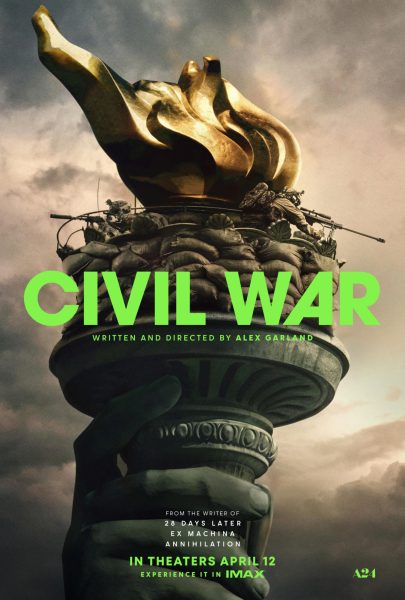You should care about politics. Here’s why.
“I just don’t think it affects me that much.” “I can’t even vote, so why should I care?” “Well technically, because of the Electoral College, when we vote, we vote for electors who vote for the president, not us, so my vote doesn’t really count.”
We have all had a conversation like this with someone who, justifiably so, is apathetic towards politics. The word politics conjures up images in our minds of awkward conversations with relatives: yelling, dramatic eye rolls, and passive-aggressive sighs. We see corrupt politicians, needless squabble, and frustrating divisions.
In the 2020 election, one in ten eligible voters will be from Generation Z. However, the 18-24 year old demographic is less interested in politics than older groups of voters, according to the 100 Million Project, which seeks to examine the non-voting bloc of the nation. When asked to rate their interest in politics on a scale of 0-10, where 0 corresponds to no interest and 10 to extreme interest, eligible voters aged 18-24 averaged a response of 6.1, compared to older voters, 7.65, and older non-voters, an average rating of 7.2.
Truthfully, all high school students should care about politics. While it might be easier to live in blissful ignorance of politics, this is simply illogical.
Believe it or not, politics has an everyday impact on one’s life and family. The government’s power is far-reaching, extending from the price of gas to the freedoms you hold. It is important to understand what decisions are being made now, as these will inevitably affect your future.
Being informed in politics allows you to make informed decisions when voting. Ignorant voters often make uninformed decisions that are counterproductive to progress. Additionally, they tend to vote for initiatives that are not necessarily what they truly want. This means that many laws enacted by legislatures are not truly the will of the people.
By being an informed citizen, you have a complete understanding of the issues that impact you. Even if you can not vote this year, you will most likely be able to vote in the next election. It is crucial that you understand what is happening now in order to shape the way you want to change the future.
But can one vote really create change? One of the main excuses non-voters give for a lack of political participation is the belief that their vote won’t matter. Moreover, a fourth of the nation points to the electoral system as the source of their lack of confidence in the electoral system.
This principally comes from a misunderstanding of the Electoral College. The Electoral College allows us to vote directly for electors, who are appointed by political parties, who in turn are required to vote on the citizens’ behalf. Electors are chosen by a “general ticket” system, which essentially means that the candidate who wins the popular vote will win the totality of the state’s votes. And guess who it started with? YOU!
But say you already know your state will inevitably support a party. Especially if it is common knowledge that your state will vote for the other party, is there a point to voting? Yes. In the past presidential election, more than 40% of eligible voters did not vote. Certainly, if this 40% of voters would be able to make a significant difference in the results of the election. Increasing the number of eligible voters participating in elections starts with you.
It is too easy to think politics do not matter. But the truth is, politics has inevitably been ingrained in everything you do. The United States was intended to be a nation “of the people, by the people, and for the people.” By simply “caring, you are able to exercise your right and privilege to a voice in our political system.

Amy Wozniak is a senior at Glenbard West and a columnist for The Glen Bard. In addition to writing for the newspaper, she is involved in Political Science...







